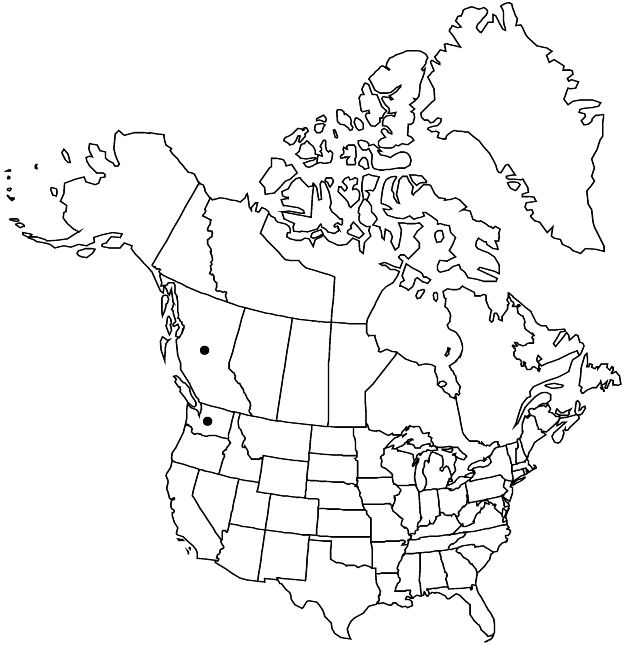Difference between revisions of "Cotoneaster dammeri"
Ill. Handb. Laubholzk. 1: 761, figs. 429 h–k. 1906.
FNA>Volume Importer |
imported>Volume Importer |
||
| (5 intermediate revisions by 2 users not shown) | |||
| Line 28: | Line 28: | ||
|elevation=0–200 m | |elevation=0–200 m | ||
|distribution=B.C.;Wash.;Asia (China);introduced also in Europe. | |distribution=B.C.;Wash.;Asia (China);introduced also in Europe. | ||
| + | |introduced=true | ||
|tables= | |tables= | ||
|references={{Treatment/Reference | |references={{Treatment/Reference | ||
| Line 39: | Line 40: | ||
-->{{#Taxon: | -->{{#Taxon: | ||
name=Cotoneaster dammeri | name=Cotoneaster dammeri | ||
| − | |||
|authority=C. K. Schneider | |authority=C. K. Schneider | ||
|rank=species | |rank=species | ||
| Line 55: | Line 55: | ||
|publication year=1906 | |publication year=1906 | ||
|special status=Introduced | |special status=Introduced | ||
| − | |source xml=https:// | + | |source xml=https://bitbucket.org/aafc-mbb/fna-data-curation/src/2e0870ddd59836b60bcf96646a41e87ea5a5943a/coarse_grained_fna_xml/V9/V9_771.xml |
|subfamily=Rosaceae subfam. Amygdaloideae | |subfamily=Rosaceae subfam. Amygdaloideae | ||
|tribe=Rosaceae tribe Gillenieae | |tribe=Rosaceae tribe Gillenieae | ||
Latest revision as of 22:59, 5 November 2020
Shrubs, to 0.2 m. Stems carpeting or procumbent, rooting, to 1.5 m, pliant; branches distichous or spiraled, greenish to light brown, densely lenticellate, initially pilose-strigose. Leaves persistent; petiole 2–9 mm, villose-strigose; blade elliptic or obovate, rarely suborbiculate, 13–43 × 6–26 mm, coriaceous, base cuneate or obtuse, margins revolute, veins 5–8, sunken, apex obtuse or acute, rarely retuse, abaxial surfaces grayish green, reticulate, initially villous, adaxial light green to green, intensely shiny, not glaucous, reticulate-rugose, not bulging between lateral veins, often single hairs on midrib. Inflorescences on fertile shoots 20–40 mm, usually with 4 leaves, (1 or)2 or 3(or 4)-flowered, compact. Pedicels 4–15 mm, thin, villose-strigose. Flowers slightly pendent, 10–12 mm diam.; buds white; hypanthium cupulate, sparsely pilose-strigose; sepals: margins sparsely villous, apex obtuse or acute, surfaces sparsely pilose-strigose; petals spreading, white, glabrous; stamens 20, filaments white, anthers purple-black; styles 4 or 5. Pomes bright red, obovoid to broadly obovoid, rarely globose, 6–10 × 6–8 mm, shiny, not glaucous, glabrous; sepals suberect, glabrous; navel open; style remnants at apex. Pyrenes 4 or 5. 2n = 34 (Germany).
Phenology: Flowering May–Jun; fruiting Sep–Apr.
Habitat: Disturbed forests, grassy banks, rock roadcuts, urban waste ground
Elevation: 0–200 m
Distribution

Introduced; B.C., Wash., Asia (China), introduced also in Europe.